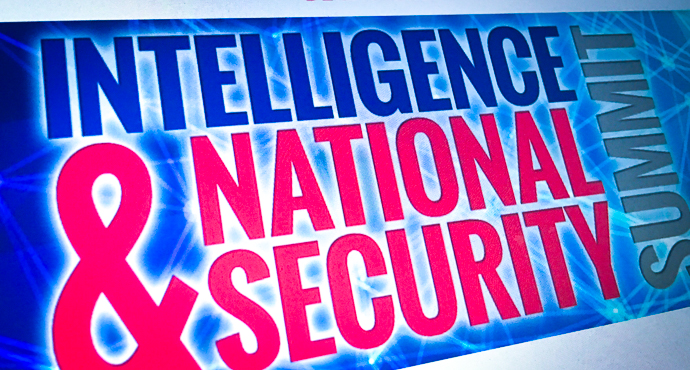
Innovation and the Intelligence Community.
One of the breakout sessions at the Intelligence and National Security Summit discussed technological innovation and how the Intelligence Community might harness it for its missions.
At one level, this is an acquisition issue. Dawn Meyerriecks (Deputy Director of Central Intelligence for Science and Technology) offered some cautions. We've "encoded in our DNA" that the US is preeminent in technical innovation, she said, and she also noted that this assumption is encoded into our laws and regulations. This post-World War Two assumption is no longer warranted, and the Government needs to rethink how it invests.
Ann Winblad (Founding Partner, Hummer Winblad Venture Partners) offered an interesting fact in support of Meyerriecks's observations from a venture capitalist's perspective. The quarter that just closed, she said, is the first quarter ever in which more venture capital flowed to China than to the United States. She went on to note the time lag in venture capital. Most companies funded don't make it, and companies don't go public until they've been in existence for about ten years. "We'll see cognitive technologies disrupting markets in three to five years."
Scott Petry (CEO, Authentic8) thought the single most important thing the Federal Government could do to foster innovation would be to become a predictable partner for its technology vendors.
Jeff Herbst (Vice President of Business Development at NVIDIA) thinks many of the needs the Federal Government has are needs the commercial market shares. This is especially true with respect to security. We're now introducing security features at the chip level, for example.
The panel's consensus was that an outmoded Federal acquisition system, slow and unpredictable, was the single greatest systemic barrier to fielding innovative technologies into the Intelligence Community. And there's little doubt what family of technologies that Community is most interested in: it's artificial intelligence.